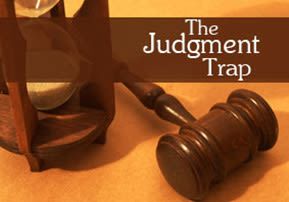
The Judgment Trap
Who would be so daft to agree to a guilty verdict against themselves? You're right - no one. Yet, we get tricked into incriminating ourselves constantly…

Rebbe Nachman of Breslev teaches (see Likutei Moharan I:113) that before an accused person is finally sentenced in the Heavenly Court, the judges ask that person if he/she agrees to the verdict.
Who would be so daft to agree to a guilty verdict against themselves? You’re right – no one. Ah, but here’s the trick: If the Heavenly Court would ask us about ourselves, surely we’d have a whole string of “justified” reasons and excuses to get ourselves off the hot-seat. But, the Heavenly Court is crafty; we are asked to judge another person. Our judgment of a fellow human is in effect our judgment against ourselves, what’s known as “the judgment trap”. Let’s view an example:
Elaine is an outgoing, highly popular college student with dozens of friends. Susan is bashful, and has one good friend, Jill. Elaine is jealous of Susan’s relationship with Jill, and attempts to lure Jill away from Susan, using a number of underhanded methods. Elaine finally succeeds, and Susan is left with no friend, devastated and brokenhearted.
Elaine comes home on a weekend, and finds her parents extremely upset. “What’s the matter?” she asks.
Her mother sobs, “The county is closing down your daddy’s outdoor fruit market; they’ve confiscated our lot to build a highway overpass. We won’t get half of what the land is worth. They’ve left us without a livelihood!”
Elaine screams, “Let that heartless county commissioner burn at the stake! There are at least fifty other places where he can build his cursed overpass! Why pick on our lot?!”
Elaine has just signed the Heavenly verdict against herself. She was shown a situation almost identical to what she did, by taking Jill away from Susan. Elaine – in her own words – has convicted herself to burn!
We have to be extremely careful to avoid falling into “judgment traps” such as the one described in the above example. Before we voice an opinion, we should stop and think that we may be sentencing ourselves for a very similar misdeed. In order to avoid inadvertently sentencing ourselves with stiff verdicts, we should be lenient and understanding with others.

Elul is a time for plenty of hitbodedut, especially at kivrei tzaddikim. Above image of the Machpelah Cave in Hevron courtesy of Emuna Outreach
These last few weeks before Rosh Hashanah are notorious for being weeks of “judgment traps”. The best policy is to speak minimally during the entire month of Elul, limiting our speech to prayer, Torah learning, plenty of hitbodedut – especially at kivrei tzaddikim, healthy family relations and the barest necessity for whatever business, trade, or profession that we need to make a living. When we do speak, we should exercise extreme caution to avoid judging others. If we do judge others, we should go out of our way to give them the benefit of the doubt, be lenient, tolerant, and understanding. This is especially critical in our judgments of our spouses, children, and parents.
Nobody escapes judgment traps. Nathan the Prophet ensnared King David into a judgment trap (see Samuel II, 12: 1-7). Hopefully, having become aware of judgment traps, we won’t sign harsh verdicts against ourselves or against our fellow human never ever again. May G-d bless all of us for an inscription in the Book of a long and healthy Life, amen.



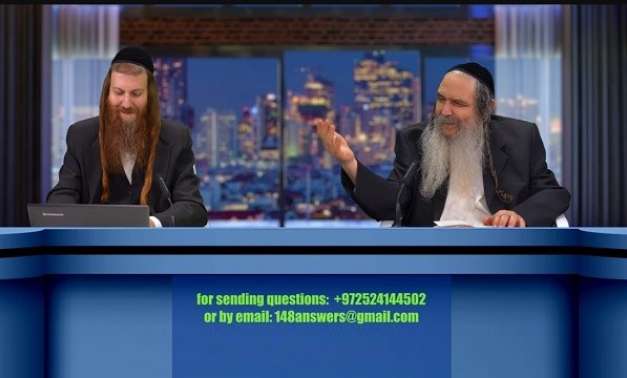

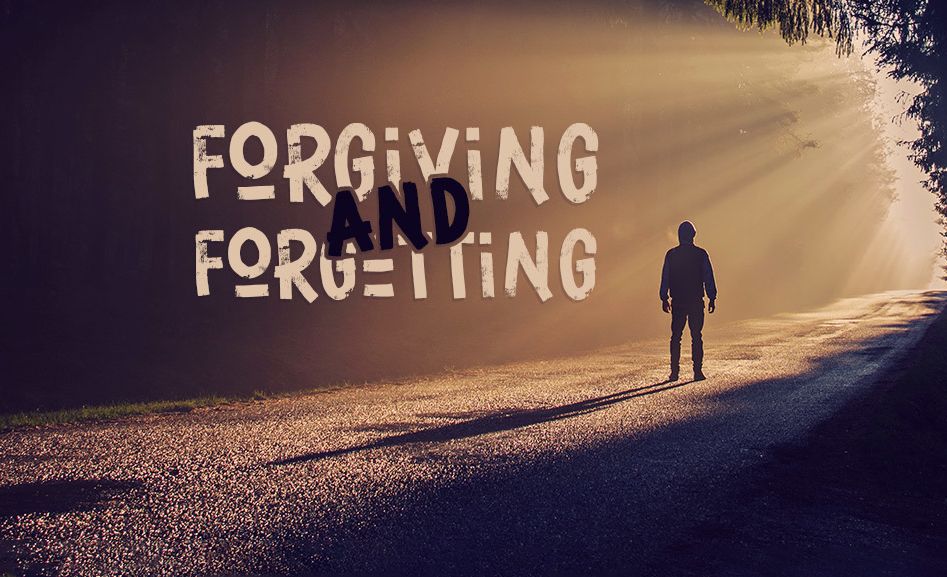
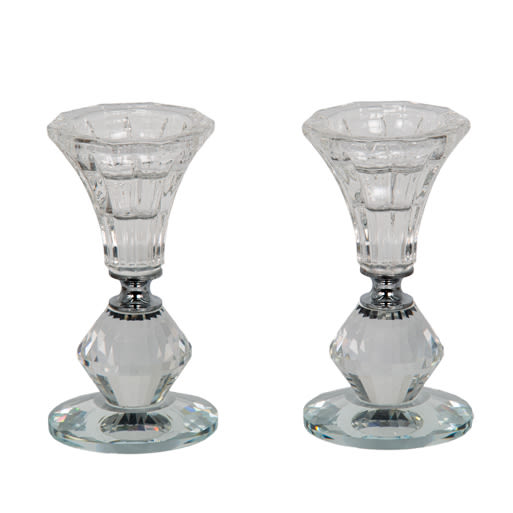
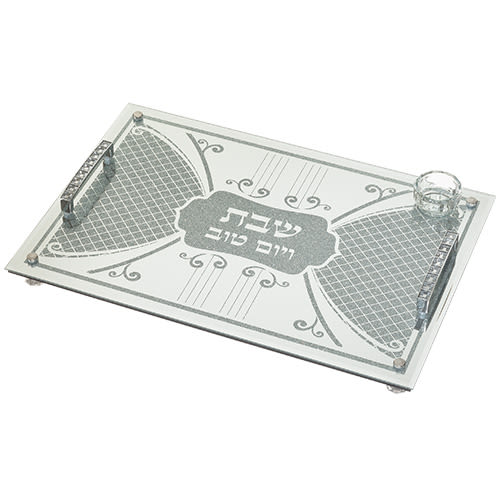
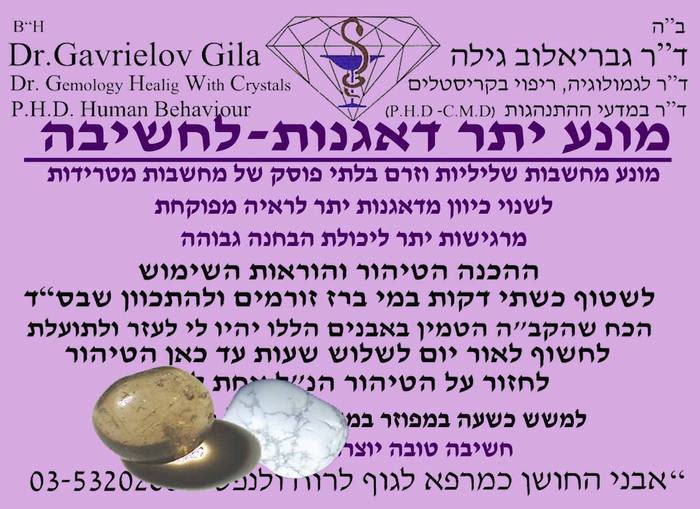
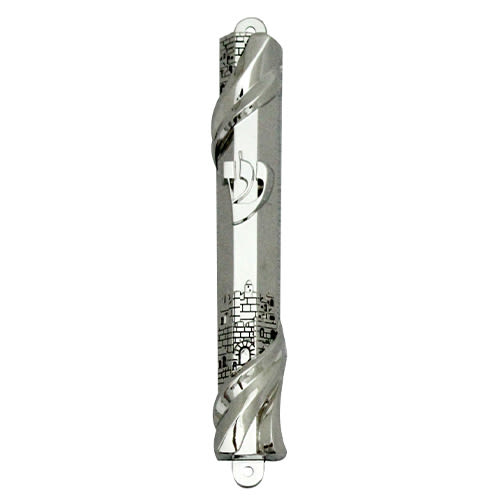
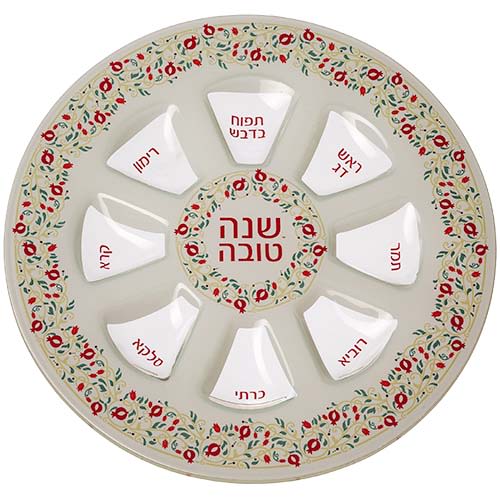

Tell us what you think!
Thank you for your comment!
It will be published after approval by the Editor.